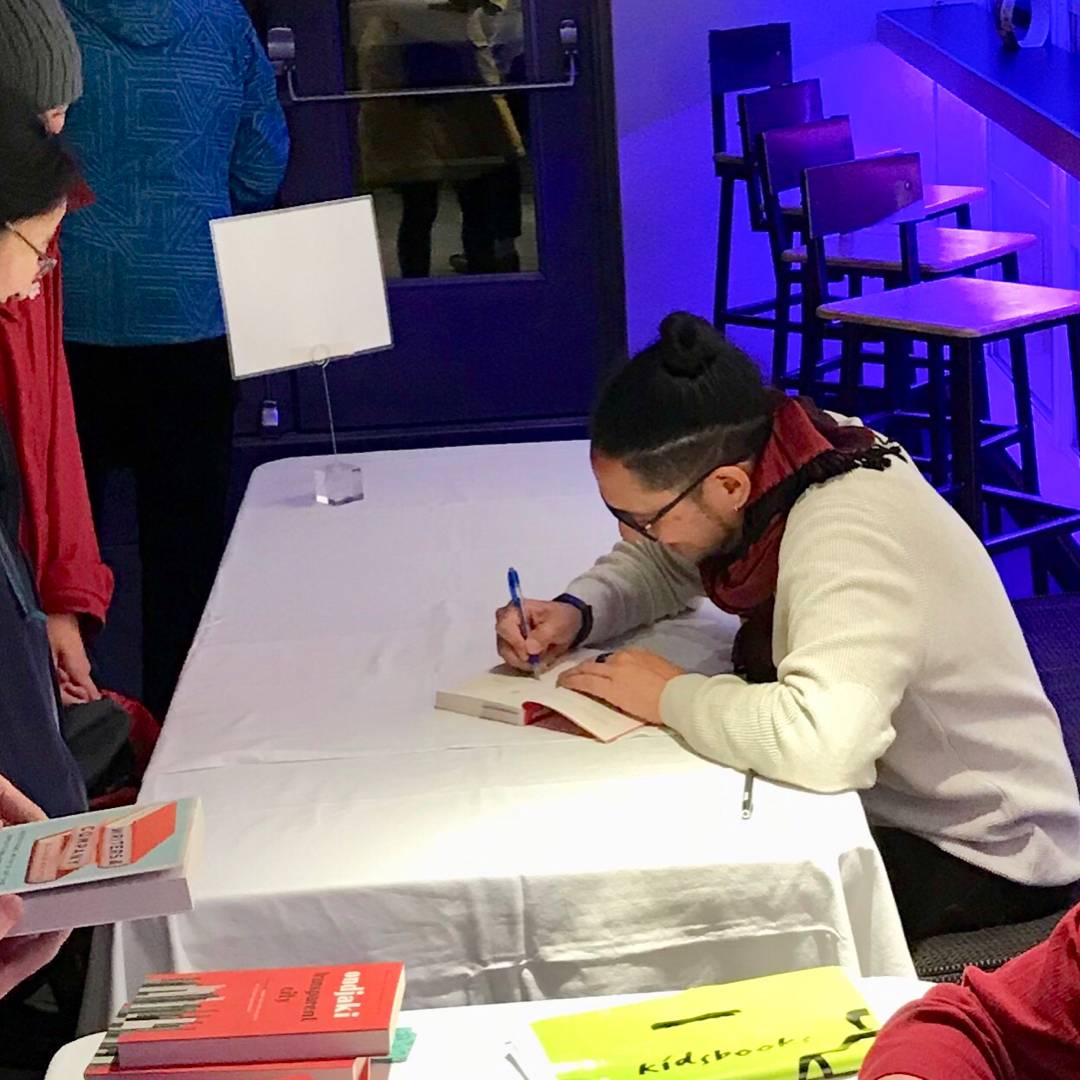
At #VWF2018 yesterday, Eleanor Wachtel asked Angolan author Ondjaki: “Are you Mestizo?”
Ondjaki: “I am deeply mixed, in my mind and in my body.”

At #VWF2018 yesterday, Eleanor Wachtel asked Angolan author Ondjaki: “Are you Mestizo?”
Ondjaki: “I am deeply mixed, in my mind and in my body.”
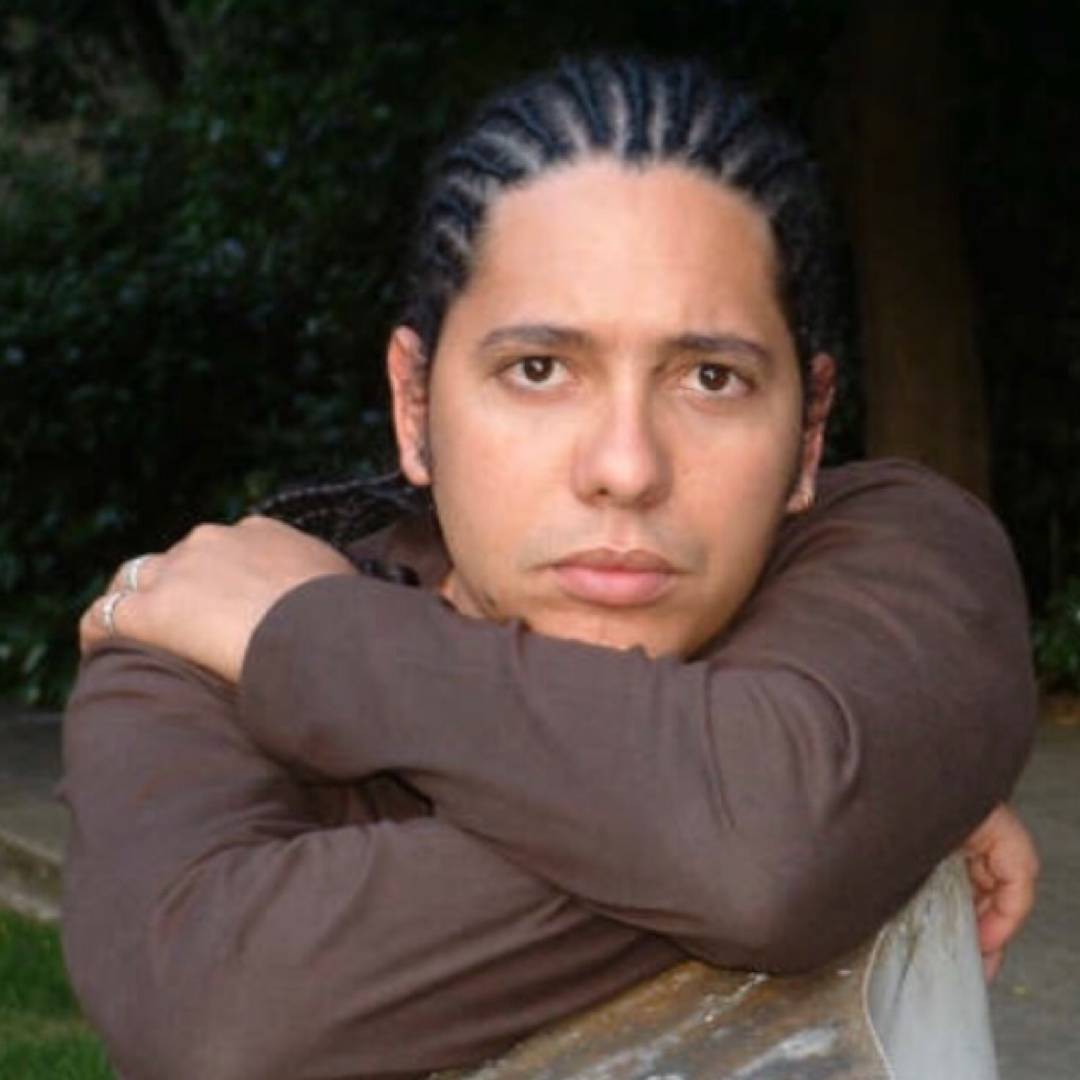
I really enjoyed this slim autobiographical novel, told in the distinctive voice of 12-year-old Ndalu, who lives in Luanda during communist wartime Angola. The tone is humorous & light, with an undercurrent of nostalgia. Strong sense of time & place. Poignancy is in details like the children knowing everything about machine guns & Ndalu not being able to comprehend how his aunt in Portugal can buy things without a ration card.
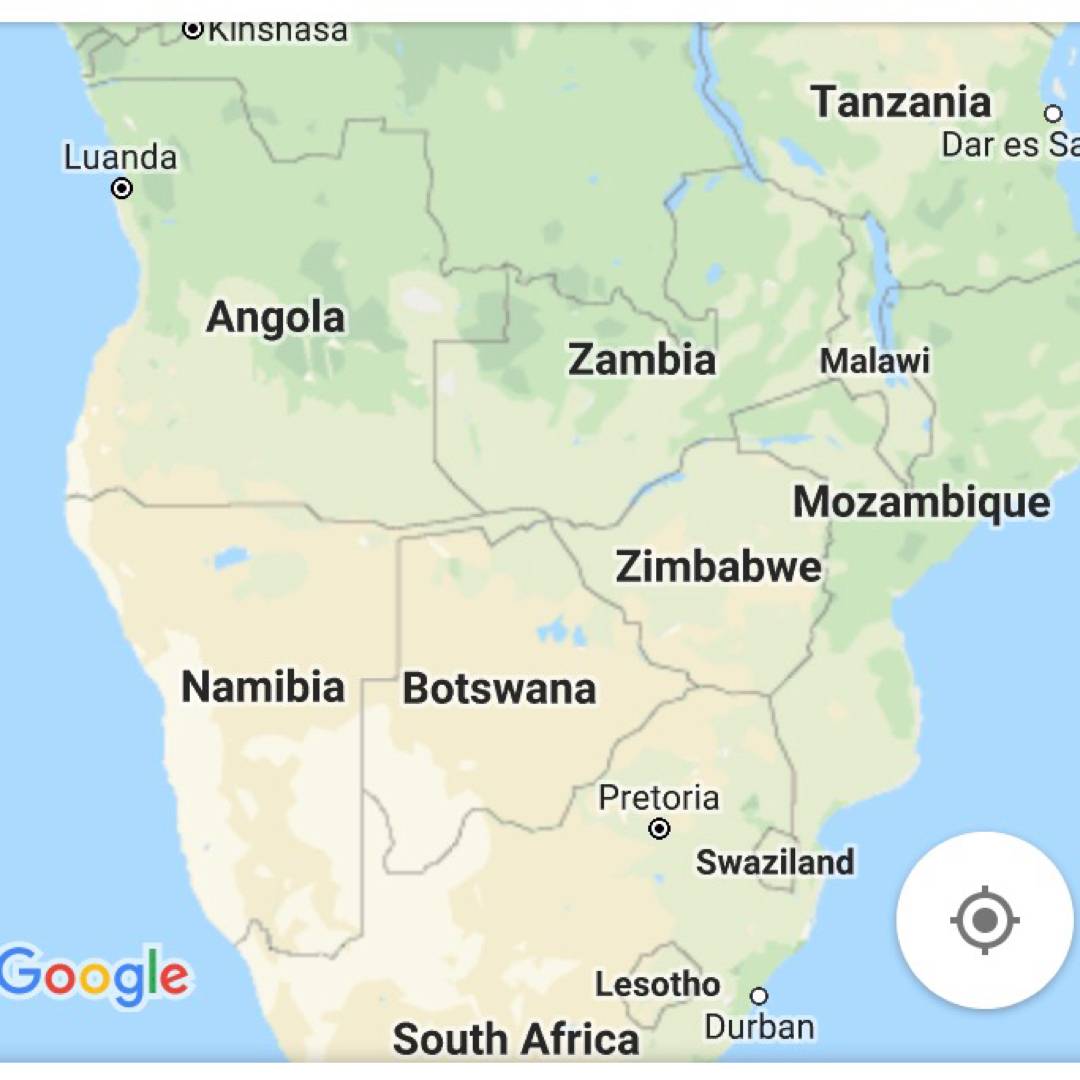
I learned much about Angola in this novel‘s afterword, written by translator Stephen Henighan. Key points:
•Angola was a Portuguese colony for nearly 500 years.
•Declared independence in 1975; South Africa immediately tried to overthrow Angola‘s government.
•Cuba came to Angola‘s assistance.
“In many parts of the world, Cuban soldiers are credited with having dealt the apartheid system its death blow.”
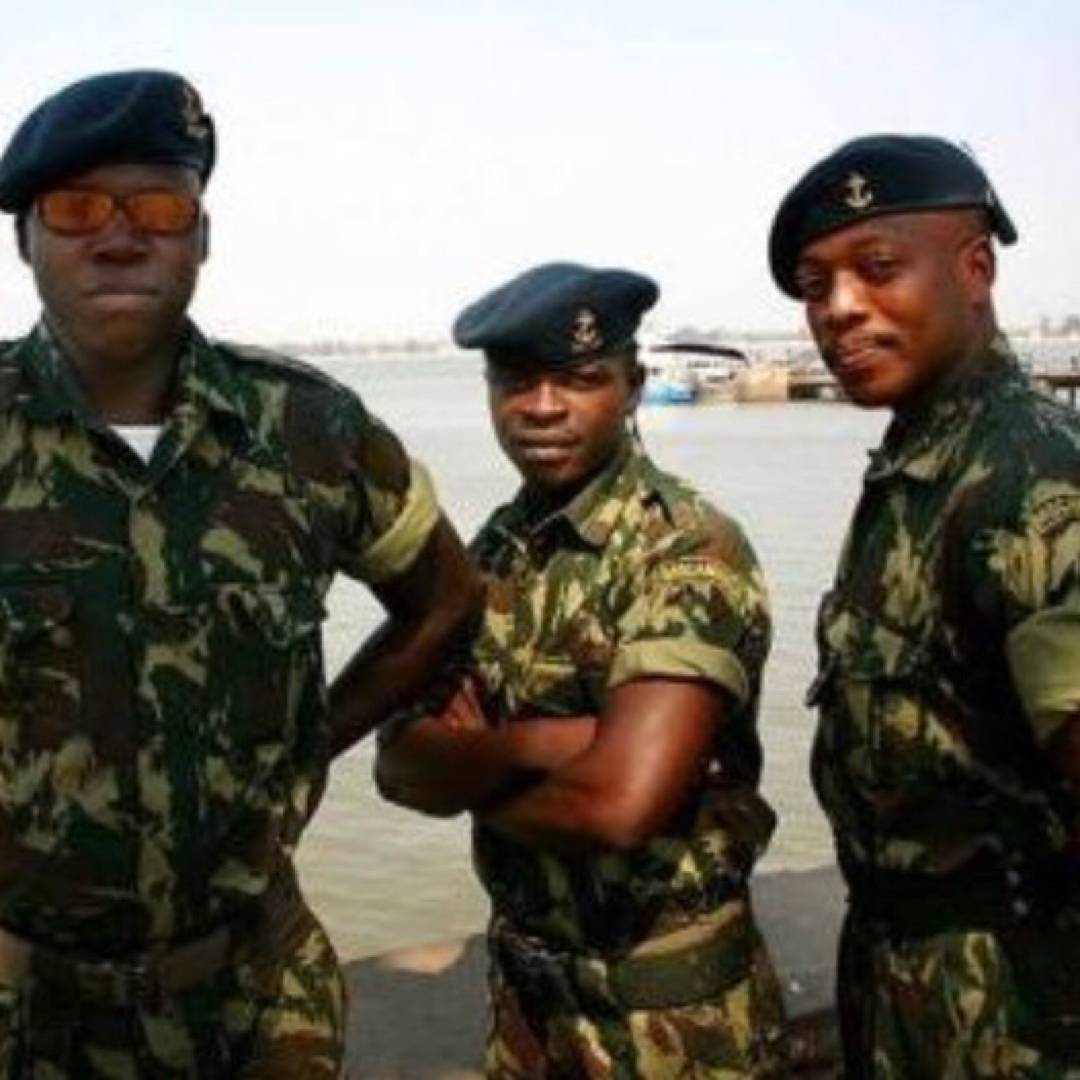
“But why does this beach belong to the Soviets?”
“I don‘t know, I really don‘t know … it could be that we have a beach there in the Soviet Union that‘s only for Angolans!”
(Internet photo)

As Teacher Sara said: “Don‘t forget that the school is your second home.” But it was dangerous to say that to Murtala because he might feel so much at home that he‘d doze off in the classroom with the excuse that he thought it was his bedroom.
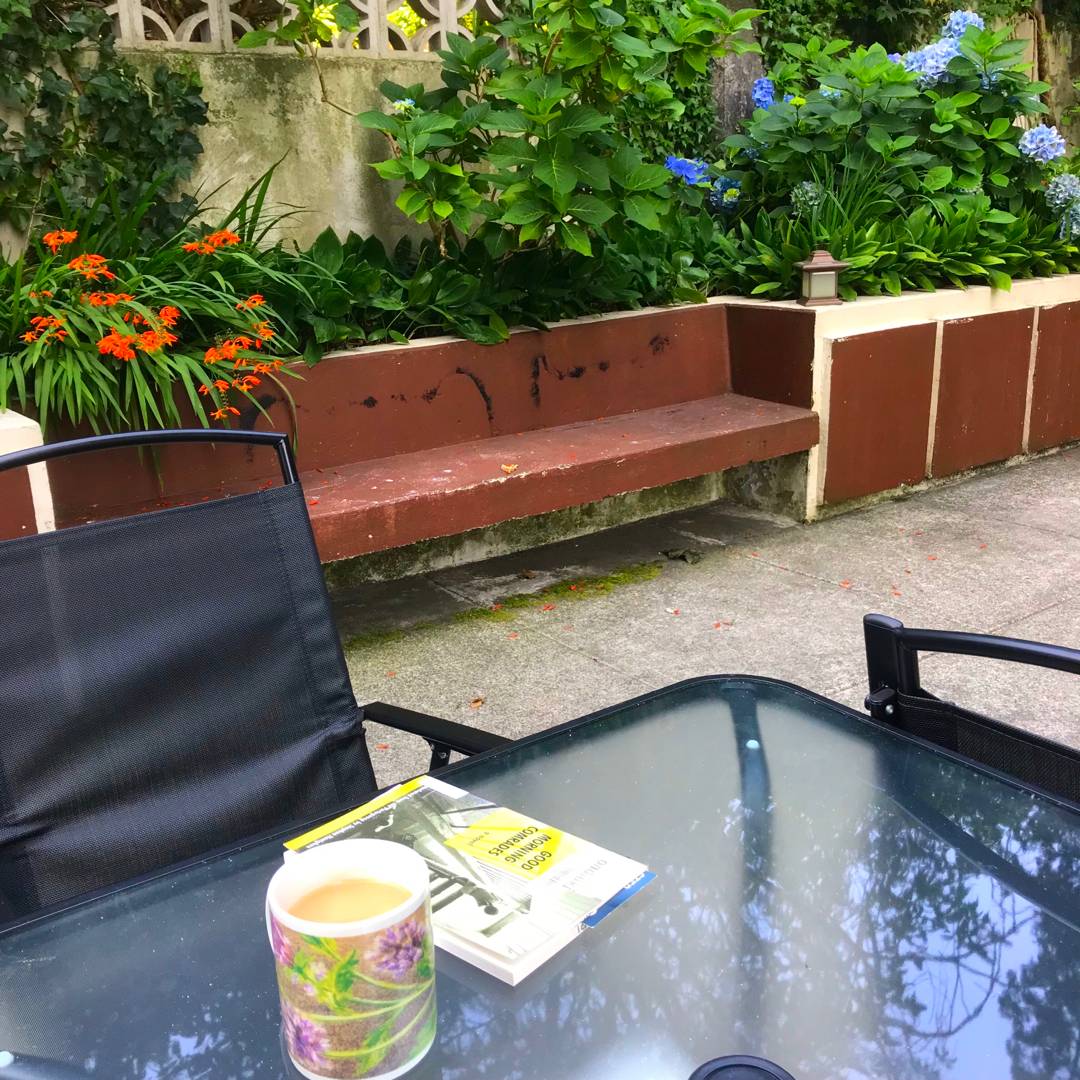
If, when I woke up, I remembered the pleasure of an early morning breakfast, I‘d wake up in a good mood. Having breakfast early in Luanda—oh yeah! There‘s a freshness in the air that‘s almost cold and makes you feel like drinking milk in your coffee and lying in wait for the smell of the morning.
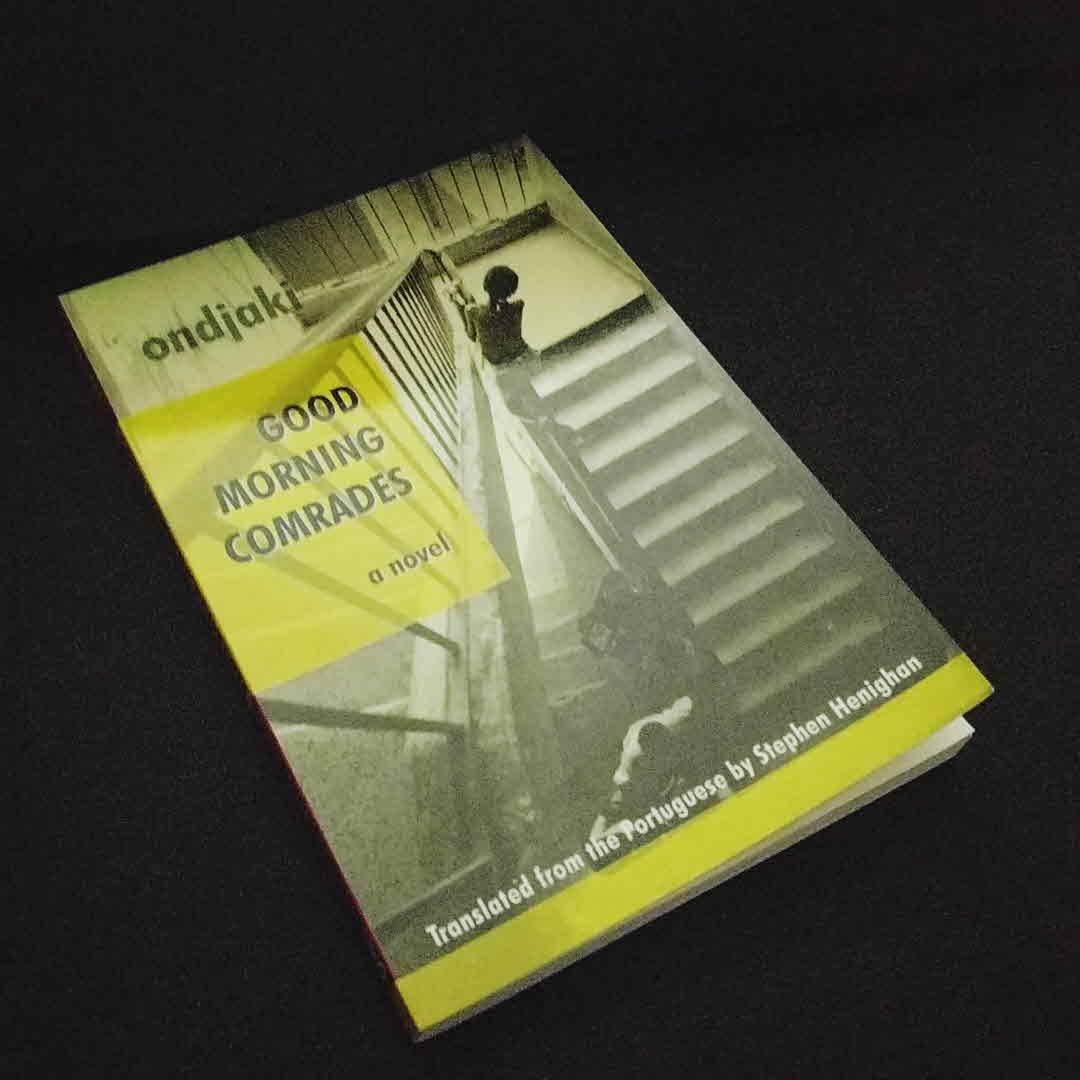
For July, I wanted to read an author from Angola for my #worldtour challenge. I picked this book, and I'm not disappointed. We follow Ndalu, a twelve year old boy. The story takes place in 1990, when the Cuban presence is leaving Angola. It was a very interesting and informative book. A short read.